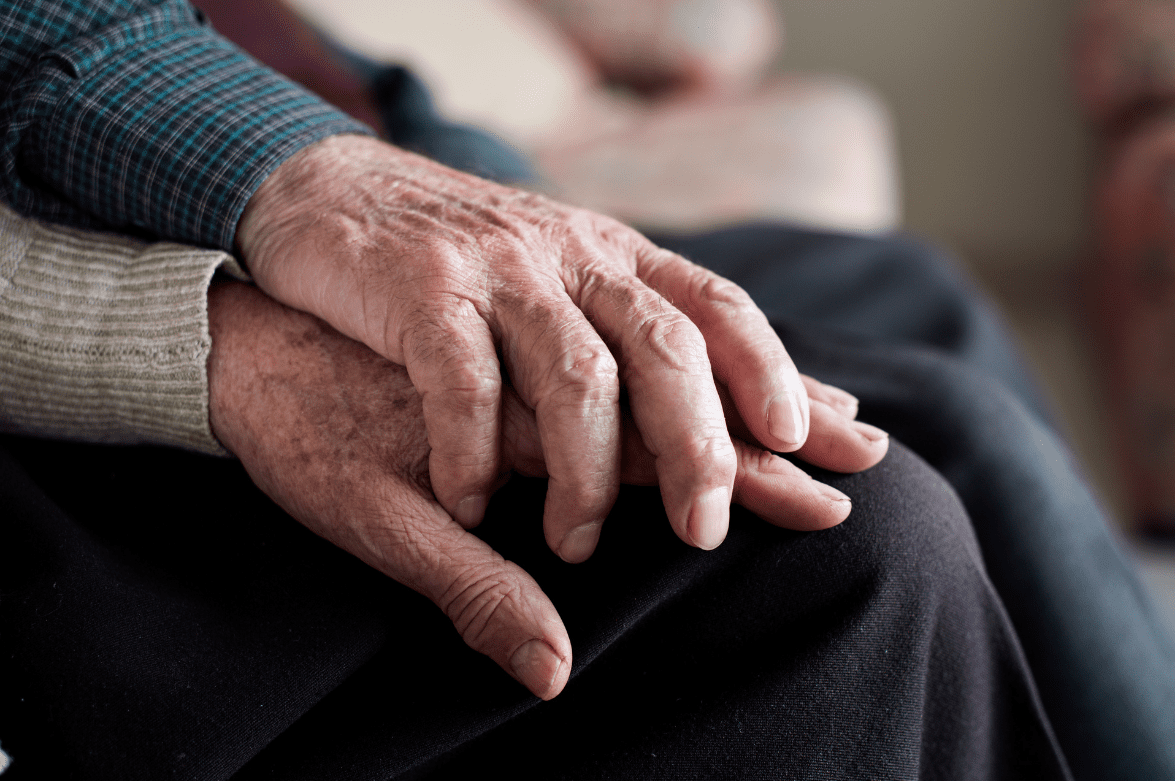As we journey through life, our experiences shape who we are, leaving imprints that can sometimes manifest as mental trauma. In our later years, dealing with such trauma becomes even more crucial for our overall well-being.
Here are six essential tips to help us manage and alleviate the effects of mental trauma in old age.
-
Acknowledge and Understand Our Feelings
The first step in addressing mental trauma is acknowledging its presence. We must allow ourselves to feel and understand our emotions without judgment. It is natural to experience sadness, anger, or fear when we reflect on traumatic events. By accepting these feelings, we take the initial step toward healing. Journaling, discussing with trusted friends, or speaking with a mental health professional can help us process these emotions and gain clarity.
-
Seek Professional Help
Mental health professionals, such as psychologists, psychiatrists, and therapists, are trained to help us navigate the complexities of trauma. Therapy can provide a safe space to explore our feelings, understand the impact of our experiences, and develop coping strategies. Cognitive-behavioral therapy (CBT), for example, is particularly effective in addressing trauma-related symptoms by helping us change negative thought patterns.
-
Stay Connected with Others
Isolation can exacerbate feelings of trauma, making it vital for us to maintain social connections. Engaging with family, friends, or community groups provides emotional support and a sense of belonging. Participating in group activities, such as book clubs, hobby classes, or volunteer work, can foster new relationships and reinforce existing ones. Sharing our experiences with others who understand can be incredibly therapeutic and reassuring.
-
Practice Mindfulness and Relaxation Techniques
Mindfulness and relaxation techniques can significantly reduce stress and anxiety associated with trauma. Practices such as meditation, deep breathing exercises, and progressive muscle relaxation can help calm our minds and bodies. Additionally, engaging in gentle physical activities like yoga or tai chi can enhance our mental and physical well-being. These practices encourage us to stay present and focused, reducing the grip of traumatic memories on our daily lives.
-
Engage in Meaningful Activities
Finding purpose and joy in daily activities can be a powerful antidote to trauma. Engaging in hobbies, creative pursuits, or volunteering can provide a sense of accomplishment and fulfillment. Activities that bring us joy, whether it’s gardening, painting, or playing a musical instrument, can serve as a distraction from negative thoughts and foster positive emotions. Staying active and involved in meaningful activities can enhance our quality of life and contribute to our emotional resilience.
-
Adopt a Healthy Lifestyle
Our mental health is closely linked to our physical well-being. Adopting a healthy lifestyle can help us manage trauma more effectively. Regular physical exercise, a balanced diet, adequate sleep, and hydration are fundamental to maintaining our overall health. Physical activity, in particular, releases endorphins, which are natural mood lifters. Limiting alcohol and avoiding substances that can negatively impact our mental health is equally important. A healthy body supports a healthy mind, creating a solid foundation for dealing with trauma.
Take Home
Dealing with mental trauma in old age is a journey that requires patience, compassion, and proactive steps. By acknowledging our feelings, seeking professional help, staying connected with others, practicing mindfulness, engaging in meaningful activities, and adopting a healthy lifestyle, we can navigate the challenges of trauma and find a path to healing. Remember, seeking help and making positive changes in our lives is never too late. Together, we can build a supportive environment that fosters resilience and emotional well-being in our later years.

